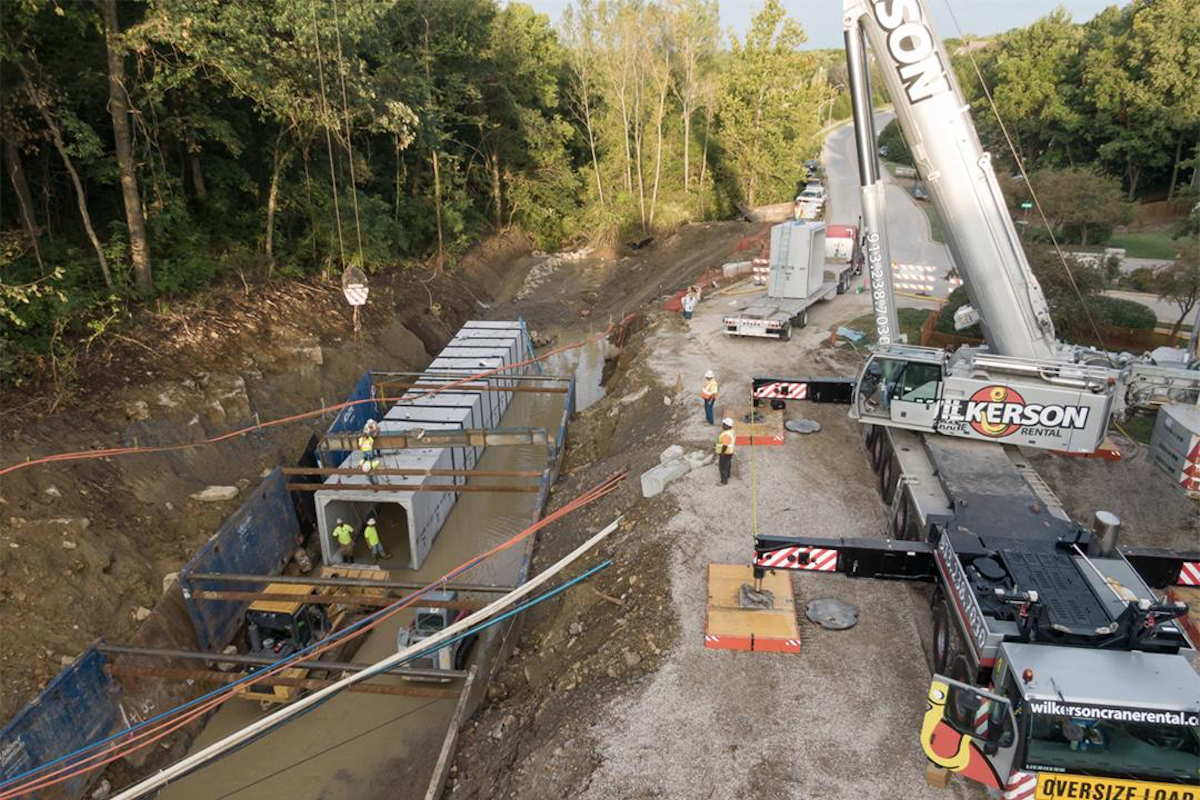Data shows a real, and what looks to be a permanent, trend of the middle market taking a more proactive approach to digital transformation – and companies that don’t keep up are at risk of losing productivity and revenue.
For the last nine quarters, at least half of the respondents in the RSM US Middle Market Business Index survey have indicated they plan to increase productivity-enhancing capital investments in the next six months – 50 percent of respondents identified such plans in the most recent survey, conducted for the fourth quarter of 2022.
“This is particularly notable because for decades, middle market companies have notoriously been well behind the curve when it comes to technology investments, waiting to identify best practices,” says Joe Brusuelas, Chief Economist at RSM US LLP. “But the changes unleashed by the overall structural shock of the pandemic have resulted in a rare restructuring of actual behavior.”
In addition to its role in enabling businesses to implement changes dictated by the pandemic, technology’s ability to help companies address ongoing labor challenges illustrates that this change in investment is not a short-term fad.

| Your local ASV dealer |
|---|
| CLM Equipment Co |
“The commitment to reallocate investment on a permanent basis – to increase efficiency and productivity to plug the gap where labor is not available in order to meet demand – is now essential to how the middle market operates,” says Brusuelas.
“Companies have to be careful because they can quickly get outmoded in today’s world if they do not keep innovating,” says Bill Kracunas, RSM Principal and Management Consulting Leader. “If they do not continue to spend and find themselves playing catch-up, it could end up costing twice as much or more to get back in alignment.”
But with this level of investment, accountability is key. Companies put systems and initiatives in place, but how do they know their efforts are successful?
“There is a measurement aspect to change, and organizations need to understand the focus of innovation projects, how they are influencing customer and employee sentiment and behavior, and the short- and long-term benefits of projects as they move forward,” says Kracunas. “The increased spending is ultimately designed to make money and establishing appropriate levels of accountability will help achieve that goal.”
Technology is constantly evolving and new, and improved, solutions are steadily becoming available. Making the right innovation choices can yield more useful data to strengthen business operations, increase efficiency, and boost productivity.

| Your local NPK Construction Equipment Inc dealer |
|---|
| WPI |
While effective digital transformation requires a nuanced approach, and success can mean different things for different companies and industries, organizations should consider the following strategies to strengthen key processes:
Get the Most Out of the Cloud
At this point, almost every company uses the cloud to some extent, but the solution continues to evolve to provide greater storage capabilities and accessibility and better security for files and applications than on-premise storage due to economies of scale.
Enhance the Customer and Employee Experience
As the pandemic unfolded, customer and employee expectations began to change. Flexibility became more important for both groups, and companies have come to understand that a human-centered approach that creates more experience-driven processes can pay big dividends, helping them maintain and build market share and retain and attract employees in a tight labor market.

| Your local Bobcat dealer |
|---|
| Nueces Power Equipment |
| Central Texas Equipment |
Take Advantage of Managed Services
Managed services strategies are a significant untapped resource for many middle market companies, especially given the labor challenges expected to continue in the near term. These approaches are inherently flexible, and can range from fully managed programs to co-sourcing strategies that supplement existing company resources while supporting a host of critical functions, including IT. Companies can access advanced tools and resources previously out of reach while benefiting from a predictable monthly expense, as well as scalability and stability as the business changes.
Embrace Data Analytics
All companies have vast amounts of data that can help them set more effective goals and guide organizational decision-making. For example, data analytics solutions can help stakeholders gain a deeper understanding of customer patterns that drive sales and can help identify patterns in your business to strengthen operations. In addition, enhanced analytics can enable more in-depth analysis of tax compliance data to aid decision-making and can increase audit capabilities to develop helpful insights for the board and C-suite.
Adopt and Integrate Automation

| Your local Liebherr Construction Eq dealer |
|---|
| Nueces Power Equipment |
AI and ML, which are the foundation of automation, are still commonly seen as technologies of tomorrow, but they are providing significant benefits in many applications today. For example, AI and ML can be used for everything from predicting specific outcomes or recommending products to customers to automating compliance with regulatory requirements.
The structural adjustments that companies are going through due to a variety of external forces have prompted a different approach to productivity and profitability. To remain competitive, company management needs to evaluate and institute more forward-looking digital transformation strategies and must be willing to commit to a new cost structure appropriate for a hypercompetitive American real economy.




































































